This week’s update looks at some ministerial statements, what the OfS has learned from its funded project son mental health and wellbeing, employability and what works, a look at foundation years, who does them, and the outcomes, more on international students and the review of the post-graduate work visa, and the OfS are taking a fresh look at grant funding for universities.
The outlook for research at UK universities
Research Professional held an event recently and had some interesting speakers. They report on a speech by Jessica Corner, the executive chair of Research England:
- “It may be that our research and innovation system is beginning to contract a little bit,” Corner told delegates, having spoken about expectations that the sector is likely to be “entering into a more financially constrained few years”.
- She said that analysis by UK Research and Innovation, the parent agency of Research England, had shown that the higher education sector is contributing around £5 billion a year to UK research, “which makes universities actually one of the biggest funders of research overall”.
- With data suggesting falling numbers of international students, whose fees provide crucial financial support for universities, “there will be less to cover research”, Corner suggested….
- Corner suggested that if the UK’s research sector does contract in scale, “that doesn’t mean to say it’s necessarily contracting in what it delivers”. She said that the opportunity offered by artificial intelligence to boost productivity is “huge”. “We need to carry on with the investment that we’ve got, but we’re going to have to be very smart with it,” she said.
At the same event the Science Minister, Andrew Griffith, spoke and amongst other things he addressed the funding point and also suggested that the new UKRI head, when Ottoline Leyser stands down in June 2025, may be from industry rather than the sector
- Griffith said he wanted “true diversity, meaning the widest range of backgrounds and experiences”. He said new leadership “could well be from inside the sector, but also they could be from the top of the business world, or someone who has come from a professional services organisation”.
- Griffith’s predecessor as science minister, George Freeman, has also recently told Research Professional News that new UKRI leadership “cannot just be traditional academic administration” and that there should be “a more business-like, more focused, accountable, output-orientated delivery culture in UKRI”…
- The science minister was also asked about comments made by Donelan at the Lords committee that ministers do not think there is a crisis in university funding. Griffith said “we overuse the word crisis” and that universities are not alone in facing a period of “really intense macro change” affecting many countries. “We should expect that we are going to have some challenges to work through some of that,” he said.
- Griffith was vocal about the importance of the UK higher education sector and that the “recipe for success must begin with our universities”, which are an “absolute magnet for the very best in global talent”. “We are, as far as I can possibly tell, the most open and diverse country on the planet in that respect,” he said.
- Asked about how the Department for Science, Innovation and Technology is engaging with the Home Office about widespread sector concerns about changes to the UK immigration system, Griffith said this was being done “diligently”. He also said the UK must not “talk ourselves down” in terms of attractiveness to international talent, in order to prevent a “self-fulfilling prophecy, which would help nobody”.
Employability
Wonkhe has a blog on work-related experiences that is worth a read with some ideas that can sit alongside placements as a way of building work-relevant experience into courses, especially given the practical difficulties with placements that arise for some students and some sectors. Ideas include:
- More integration between employers and universities throughout the curriculum
- Using university technical services to develop hands on learning on campus
- Ensuring “work-like experience” in the curriculum and finding a different way of talking about what we already do in terms of employment and employer based learning so that students realise what they are getting and its value
- Recognising the wider benefits beyond employability through projects in partnership with employers
- Acknowledging the practical issues and supporting access to opportunities
- Leaning into virtual experiences
- Putting the resources in to support delivery
And while we are on the theme of placements, the OIA has published some notes on cases they have heard. There are a lot of good points in here, some are summarised here.
- Whatever the context of the placement, it’s important that students are given clear and accurate information about it. Students need to know what’s expected of them and where and how to access support while they’re on placement. It’s also important that providers have processes in place to respond when things go wrong.
- Providers will sometimes need to work with placement organisations outside of the local area.
- It’s important to manage students’ expectations about the possible location of their placement, for example by explaining what the provider considers to be a reasonable time and/or distance to travel.
- For some students there will be considerations to take into account when deciding where to place them, for example accessibility needs, caring responsibilities or transport considerations that might make commuting to a placement more difficult.
- Providers can usefully signpost students to any sources of financial support, either at the provider or elsewhere, that may be available to help with any costs associated with the placement. Where it’s not possible to offer a placement within the expected area, the provider may want to consider whether it would be reasonable to support the student with any additional expenses they may incur as a result of being offered an out of area placement.
- It’s also important to tell students in good time what placement they have been allocated so that they have time to make any arrangements they may need to.
- It’s important that students know in advance where they can go for advice and support whilst on placement.
- It is good practice for providers to ensure that students have a named staff member at the provider that they can liaise with, as well as a named mentor at the placement organisation.
- Some students may need additional support during the placement, for example because they are disabled or have caring responsibilities. The provider should explore in advance how those support needs might be met, and whether the provider or the placement organisation will be responsible for meeting them. …
And much more…
Mental health and wellbeing
The OfS funded a set of projects and they have now been evaluated. There’s a report and all sorts of analysis, but the one page summary sets out a set of effective practice for addressing barriers to support for a set of target groups and also some conclusions:
- Co-creation with students is critical for support to strongly align to need.
- Tailored outreach was the most effective method to reach targeted groups supplemented through ‘snowball’ techniques with students.
- Describing services with positive framing and avoiding over medicalised descriptions in language tailored to targeted audiences was vital.
- Developing strategic, multi-agency partnerships internal and external to lead institutions is a key enabler of delivery success.
- Evaluation of delivery should be embedded across all project activities using clear logic model and mixed method approaches to ensure data collected accounted for failure. A designated evaluation lead is key.
Foundation years
The government and the OfS have some concerns about foundation years. One of the recently published quality assessments by the OfS referred to a provider not ensuring insufficient academic support for foundation year students once they progressed onto the main programme – support should have continued for these students at higher levels. This article from Wonkhe in October noted that:
- To be fair, you would imagine that students that struggled at level 3 for reasons other than ability (and thus would be likely FY candidates) would continue to struggle when in higher education for the same reasons – poverty, lack of social capital, other responsibilities – that they had faced previously.
A foundation year is not the same as a foundation degree. A foundation year is integrated with an undergraduate course, whereas a foundation degree is a standalone qualification. We all get a bit confused about how the regulatory conditions apply: continuation is defined as year 1 to year 2: in this case that means foundation year to year 1 undergraduate. Completion means completion of the undergraduate programme (for foundation year students that means 4 years, without a placement year, 5 with a placement).
You will recall that the government is worried about the cost and value add of foundation years. The House of Commons library research briefing on student number controls from August 2023 describes the upcoming cap on fees for some foundation years from the 2025/26 academic year: we are awaiting a consultation on the detail of this.
International
After the fuss earlier this year about international students allegedly accessing foundation year courses with lower grades than UK students and in the context of the government priorities on reducing migration, the Home Secretary has asked the Migration Advisory Committee to review the post-study work visa.
Although the report is not due until May, and recommendations may not be implemented for the start of the 24/25 academic year, this is likely to have a further chilling effect on international recruitment in September. It is possible though that the government want steps to be taken before the election, the timetable means there will be no time for a call for evidence.
- Initial data from the MAC annual report shows that the proportion of international students studying at lower tariff institutions has risen to 32% in 2021/22, while the number of [international] postgraduate students attending institutions with the lowest UCAS tariff quartiles has increased by over 250% between 2018 and 2022.
- We are keen to understand the drivers behind this, including whether it is because people are using these courses as a long-term route to work in the UK. An international student can spend relatively little on fees for a one-year course and gain access to two years with no job requirement on the Graduate route, followed by four years access to a discounted salary threshold on the Skilled Worker route. This means international graduates are able to access the UK labour market with salaries significantly below the requirement imposed on the majority of migrant skilled workers. The Government is already taking steps to change the general salary threshold for the Skilled Worker Visa from £26,200 to £38,700, which will increase the requisite salary in order to switch routes, including with the applied discount.
- Early data suggests that only 23% of students switching from the Graduate route to the Skilled Worker route in 2023 went into graduate level jobs. In 2023, 32% of international graduates switching into work routes earned a salary above the general threshold at the time (£26,200), with just 16% earning over £30,000 – meaning that the vast majority of those completing the Graduate route go into work earning less than the median wage of other graduates. Initial data shows that the majority of international students switching from the Graduate route into the Skilled Worker route go into care work. This is clearly not what the Government intended in the 2019 Manifesto when it pledged to establish the Graduate route to attract the best and brightest students to study in the UK.
Wonkhe has a piece.
In this context, the QAA has also announced a review of pre-entry courses for international students.
- This review will compare the admissions requirements between foundation programmes for domestic students and international students, assess the standards of the courses being offered to international students as both foundation programmes and international year one programmes, and assess whether these standards are being achieved and maintained in practice.
- QAA will publish the findings of this review by the end of Spring 2024.
And if you are not sure what these pathways for international students are or how much they are used, the Nous Group have a report out.
- In-person delivery at a relevant university campus: this is the most common mode in the UK where many UK universities host a pathway provider building on one of their campuses.
- In-person delivery at a pathway provider campus in the destination country: some pathway providers have study centres in the country in which students wish to study that are independent of a university campus.
- In-person delivery at a partner university in the source country: foundation programmes offered by destination universities are often delivered via a partnership with an in-market university.
- In-person delivery at a study centre partner of a pathway provider in the source country: not all pathway providers deliver education directly. Some partner with study centres across source countries to deliver pathway programmes designed and assessed by the provider.
- Online delivery via the pathway provider learning platform: the expansion of providers into online delivery was accelerated by the COVID-19 pandemic. Now multiple providers offer fully online foundation courses with guaranteed progression to a partner university on successful completion.
OfS funding review
The OfS has announced a consultation on how they fund the sector – not tuition fee funding but grant funding. It closes on 23rd June and we will be considering a BU response.
Our current model of recurrent funding for higher education providers is based on assumptions that some activities cost more to deliver than others. This could relate to particular subjects; to supporting particular groups of students to achieve success; or to reflect the operating models of some types of providers. The two primary types of funding the OfS distributes are:
- Course-based: This is a high-cost subject funding allocation – for example, for courses in medicine, or physics – and includes targeted allocations to address specific priority areas – for example degree apprenticeships, and skills at Levels 4 and 5. We do not provide funding for courses in subject areas, such as law and humanities, that are classroom-based and that do not need the same level of specialist facilities to teach.
- Student-based: This is a funding allocation to recognise additional support needs of students from disadvantaged groups or groups historically less likely to participate in higher education. Student-based funding also includes funding for Uni Connect.
We want to hear views on the effectiveness of the two primary types of funding the OfS distributes: course-based funding and student-based funding.
| First three questions by way of illustration
Question 1: What are your views on OfS course-based funding? We are interested in any views, and below are some prompts for respondents to consider:
• Should the distribution of funding continue to primarily reflect the courses and subjects students are studying? Should we also consider additional factors and/or approaches for course-based funding?
• What should we seek to achieve with course-based funding?
• What activity is currently supported in providers by this funding?
• Are there any areas of important provision that are currently not supported by our funding allocations?
• How should our approach adapt in the future?
• What assessment is currently made by providers of the impact of this funding
Question 2: What are your views on OfS student-based funding? We are interested in any views, and below are some prompts for respondents to consider:
• Should the distribution of funding continue to reflect the characteristics of the student population at individual providers? Should we also consider alternative factors and/or characteristics and/or approaches for student-based funding?
• What should we seek to achieve with student-based funding?
• What activity is currently supported in providers by this funding?
• How best can the OfS use this funding to support access, success and progress for students?
• How should it be targeted?
• What assessment is currently made by providers of the impact of this funding
Question 3: What are your views on OfS capital funding? We are interested in any views, and below are some prompts for respondents to consider:
• What assessment is currently made by providers of the impact of this funding?
• How should we strike an appropriate balance between formula funding and competitive bidding to allocate capital funding? |
Is this good, normal practice to review this as it was last reviewed in 2012, or deeply worrying? The suggestion that they might use quality data to determine funding is interesting. And there is no new money, it is just the way it is distributed that it is up for discussion.
Wonkhe have a view:
- This is a very broad call for evidence – in section A for each of the streams detailed above OfS wants to hear what activity is currently supported, what value is added, and whether what OfS tries to achieve with these allocations is the right thing to be aiming at.
- .. And then you get to section B, in which OfS suggests that we scrap HESES…. The new proposal (actually an old idea familiar to anyone who has been involved in this debate historically) is to scrap the December allocation entirely and use two year-old data (so the 2021-22 year end data informs the 2023-24 allocation), thus reducing burden for providers in submission and reconciliation…. My suspicion is that rapid changes in student numbers year-on-year (and, increasingly, in year) will make this idea quite a hard sell strategically. But in terms of practicalities, the crashing failure of Data Futures – it genuinely blows my mind that we still (in March 2024) don’t have official 2022-23 student number data – might mean that people are reluctant to let go of the various checks and balances in the current system.
- …OfS has been clear that there are no “proposals” in this document, just a starting point for conversation. It’s just an odd time to start the conversation.
- … The other (tuition fee) end of the funding system is set up to use information on teaching quality and equality of opportunity – your TEF grade is meant to determine the extent of an annual inflationary uplift in the higher level fee cap, and access to this higher level is still predicated on the existence of a credible plan on access and participation. Building these factors into the old (largely atrophied) teaching grant end too feels like double counting – though there could be a case to link access to grant funding to a minimum level of teaching quality there would need to be a far more robust and widely supported method of determining this to keep OfS out of court.
Wonkhe have a graph of what everyone gets (BU gets nearly £7m). Nottingham University is the top with £49million. There are all sorts of pots in here though, including capital, special projects, student premium, high cost courses, etc. Nottingham’s was nearly all high cost subject funding, as was ours, although we had a relatively large chunk of student premium money too.
You’ll recall that capital allocations recently switched to competitive bidding from an allocation mechanism.
Apprenticeships
The PM is set to announce new funding for apprenticeships.
- Rishi Sunak is promising to create up to 20,000 more apprenticeships with a series of reforms including fully funding training for young people and cutting red tape for small businesses.
- The government will pay the full cost of apprenticeships for people aged 21 or under at small firms from 1 April. To enable this, it is pledging £60m of new investment for next year.
- …In a speech to a conference for small businesses in Warwickshire, the prime minister will set out a package of reforms he says will “unlock a tidal wave of opportunity”. As well as funding the cost of apprenticeships, ministers will also raise the amount of funding companies who are paying the apprenticeship levy can pass on to other businesses.
The press release gives a bit more detail.
Lifelong learning entitlement
You will recall a deep dive into this in a recent policy update using the DFE’s concept paper. The house of commons library has now issued a briefing paper. It’s a good read, especially if you click through to the full paper, going back over all the history and context. The LLE stuff starts on page 20.
There is a lot more consultation to come
- In spring 2024, the Department for Education will launch a technical consultation on the wider expansion of modular funding and lay secondary legislation covering the fee limits for the LLE in Parliament.
- In autumn 2024, it will lay the secondary legislation that will set out the rest of the LLE funding system in Parliament.
- In spring 2025, the LLE personal account will be launched for learners.
- In autumn 2025, the Department for Education will launch the qualification gateway.
- The Office for Students (OfS) will consult “in due course” on the development and introduction of a new third registration category for providers offering LLE-funded course and modules.
Free speech
The OfS consultation on free speech complaints panels has now closed and we look forward to the outcomes.
As previously announced, the OfS has confirmed that there will be another consultation before the end of March, on the guidance for the sector and changes to the regulatory guidance.
- We expect the proposed guidance to cover two broad areas:
- Examples where a provider, constituent institution or students’ union may not have taken steps to secure free speech; and
- A non-exhaustive list of steps that it may be reasonably practicable for providers, constituent institutions and students’ unions to take to secure free speech within the law. This includes steps relating to the free speech code of practice.
This is a complex area and an 8 week consultation period is fairly tight.
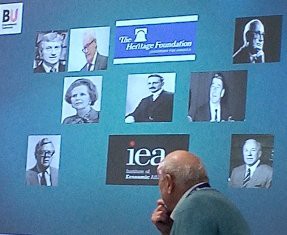
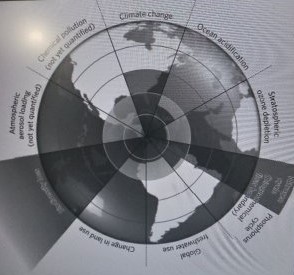




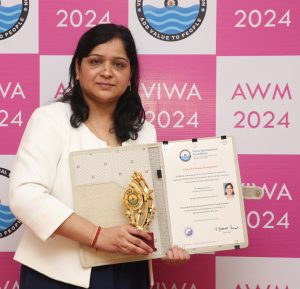




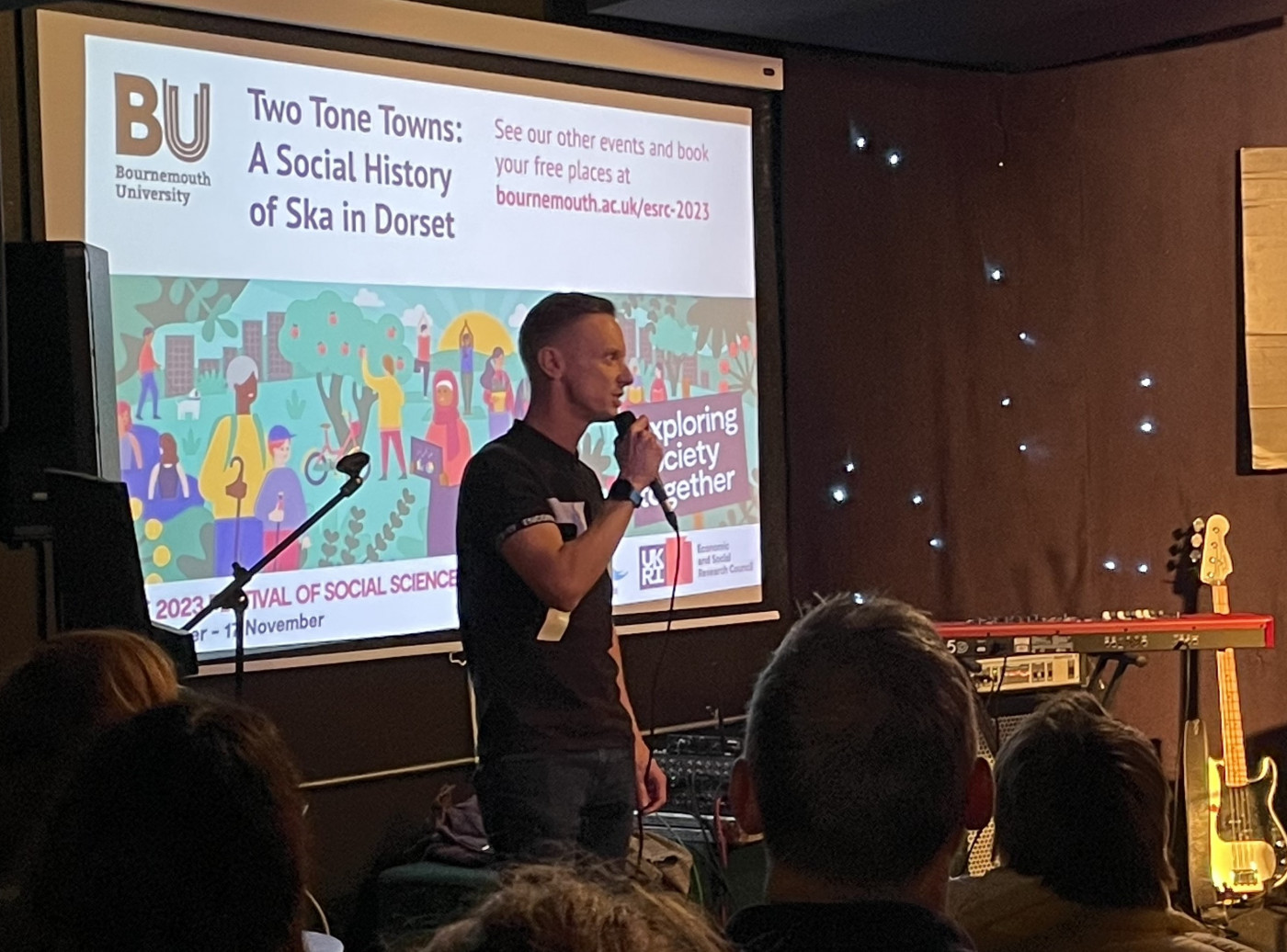 A fantastic opportunity to showcase your social science research!
A fantastic opportunity to showcase your social science research! The annual Family Science Day in Dorchester on Sunday, 17th March 2024, was a vibrant celebration of the British National Science Week. This free event aims at making science accessible and engaging for families, providing a platform for learning and discovery in a fun and interactive way. With an attendance of 800 enthusiastic visitors, the event showcased 20 hands-on science stalls. BU was represented by staff, undergraduate and postgraduate students, and postdoctoral researchers. Contributors included Demetra Andreou (Fish Through Time), Amanda Korstjens (Voices in the Jungle), and Genoveva Esteban (Hidden World of Microbes), alongside Kirthana Pillay (postdoctoral researcher) and undergraduate students Dan Stevens and Jacob Tate from the Department of Life and Environmental Sciences. Xun He (Head of MINE Research Cluster, Psychology) and Fred Charles (Head of Department for Creative Technology) led a stall on Measuring Social Behaviour with VR & Brainwaves, with assistance from PhD student Damla Kuleli, research assistant Charlie Lloyd-Buckingham, and BU alumnus Rianna Green. BU Student Ambassador Lily Bater provided exceptional support throughout the day.
The annual Family Science Day in Dorchester on Sunday, 17th March 2024, was a vibrant celebration of the British National Science Week. This free event aims at making science accessible and engaging for families, providing a platform for learning and discovery in a fun and interactive way. With an attendance of 800 enthusiastic visitors, the event showcased 20 hands-on science stalls. BU was represented by staff, undergraduate and postgraduate students, and postdoctoral researchers. Contributors included Demetra Andreou (Fish Through Time), Amanda Korstjens (Voices in the Jungle), and Genoveva Esteban (Hidden World of Microbes), alongside Kirthana Pillay (postdoctoral researcher) and undergraduate students Dan Stevens and Jacob Tate from the Department of Life and Environmental Sciences. Xun He (Head of MINE Research Cluster, Psychology) and Fred Charles (Head of Department for Creative Technology) led a stall on Measuring Social Behaviour with VR & Brainwaves, with assistance from PhD student Damla Kuleli, research assistant Charlie Lloyd-Buckingham, and BU alumnus Rianna Green. BU Student Ambassador Lily Bater provided exceptional support throughout the day.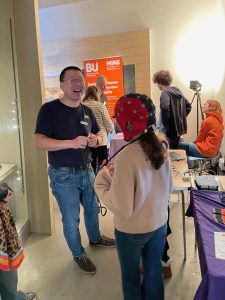
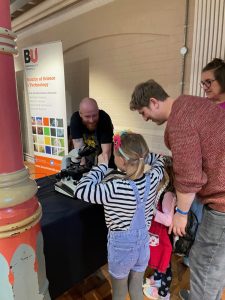
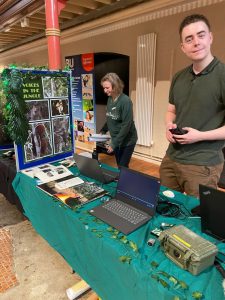

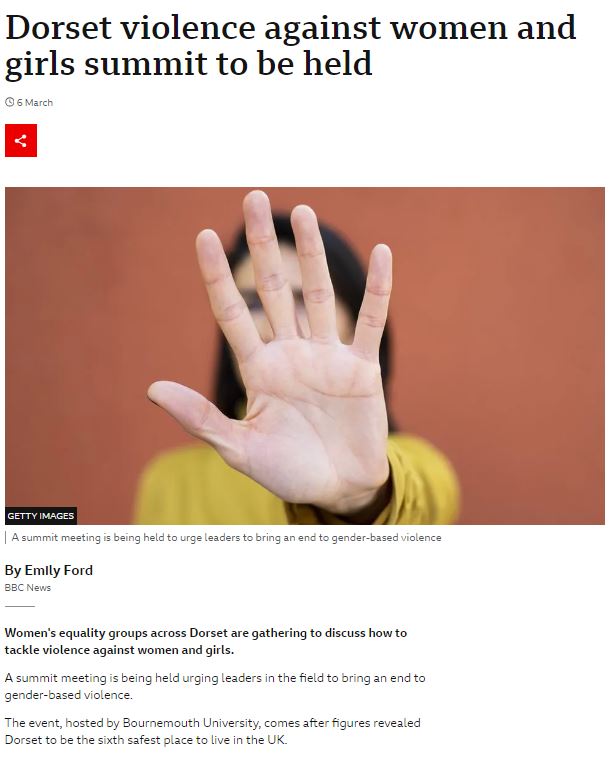





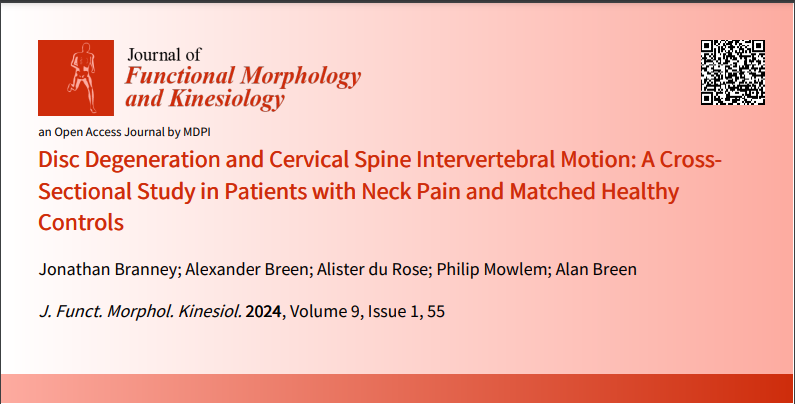
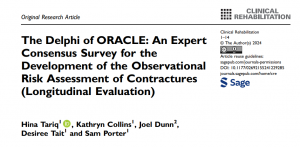 Summary: This paper used the Delphi method to provide expert consensus on items to be included in a contracture risk assessment tool (ORACLE). The items were related to factors associated with joint contractures, appropriate preventive care interventions, and potentially relevant contextual factors associated with care home settings. The promise of a risk assessment tool that includes these items has the capacity to reduce the risk of contracture development or progression and to trigger timely and appropriate referrals to help prevent further loss of function and independence.
Summary: This paper used the Delphi method to provide expert consensus on items to be included in a contracture risk assessment tool (ORACLE). The items were related to factors associated with joint contractures, appropriate preventive care interventions, and potentially relevant contextual factors associated with care home settings. The promise of a risk assessment tool that includes these items has the capacity to reduce the risk of contracture development or progression and to trigger timely and appropriate referrals to help prevent further loss of function and independence.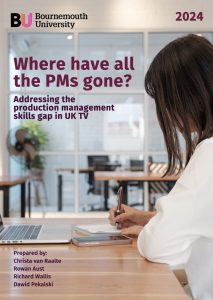 New research into production management in the UK’s TV industry has found that there is a corrosive cultural divide between ‘production’ and ‘editorial’. This distinction between those involved in the ‘creative’ aspects of making tv and those who manage its more logistical aspects is what lies at the heart of much of the discontent experienced by today’s production managers, the research has found.
New research into production management in the UK’s TV industry has found that there is a corrosive cultural divide between ‘production’ and ‘editorial’. This distinction between those involved in the ‘creative’ aspects of making tv and those who manage its more logistical aspects is what lies at the heart of much of the discontent experienced by today’s production managers, the research has found.













 Upcoming opportunities for PGRs – collaborate externally
Upcoming opportunities for PGRs – collaborate externally BU involved in new MRF dissemination grant
BU involved in new MRF dissemination grant New COVID-19 publication
New COVID-19 publication Conversation article: London Marathon – how visually impaired people run
Conversation article: London Marathon – how visually impaired people run MSCA Postdoctoral Fellowships 2024
MSCA Postdoctoral Fellowships 2024 Horizon Europe News – December 2023
Horizon Europe News – December 2023